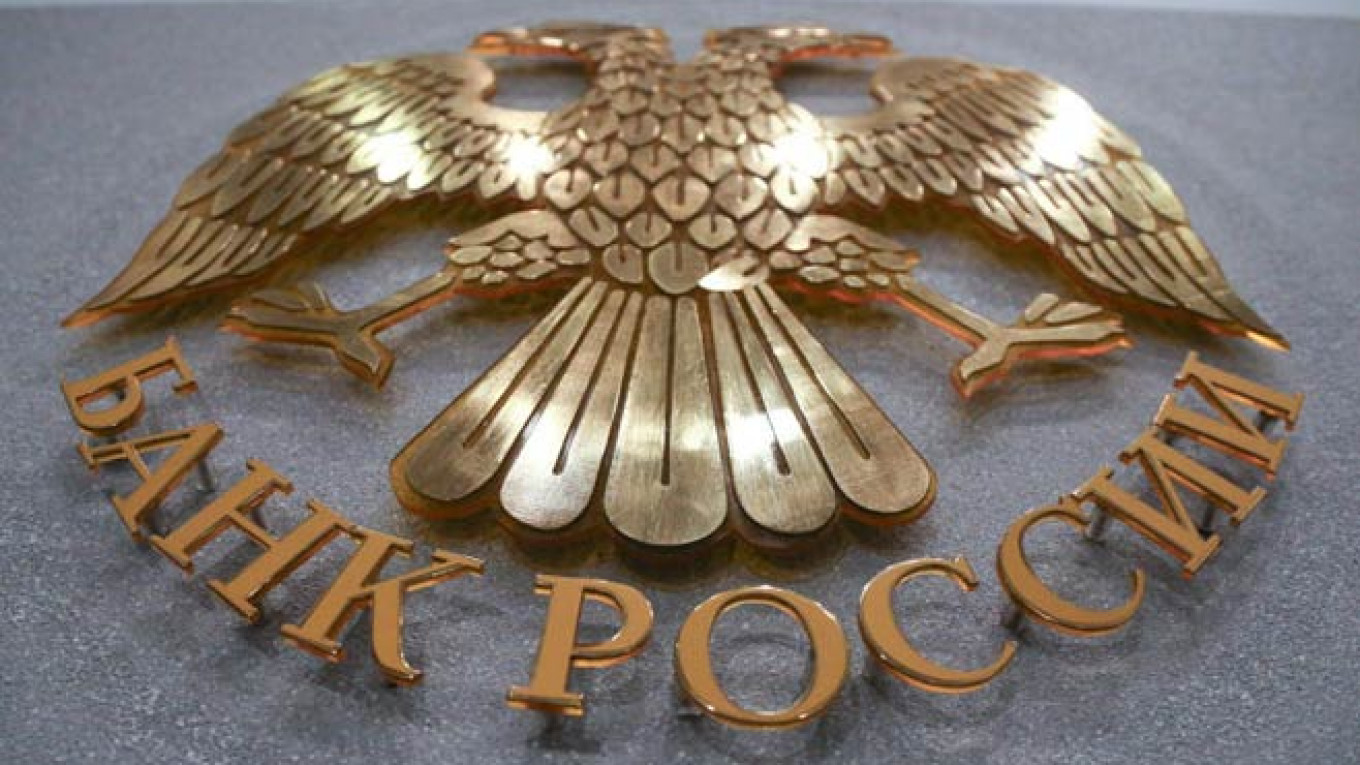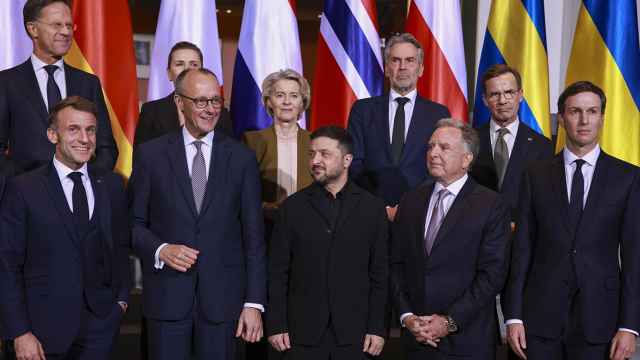The Central Bank has revoked the licenses of Mestny Kredit Bank and the National Bank for Business Development as a part of a massive campaign to regulate the banking system, Vedomosti reported Thursday, quoting a news release published by the regulator on its site.
Mestny Kredit lost its license due to accusations that it violated laws on money laundering and financing terrorism. According a news release issued by the Central Bank, the organization failed to follow rules and did not "provide the authorized body in due time with data on operations subject to inspection."
The regulator also accused the bank of conducting suspicious but not necessarily illegal operations.
The National Bank of Business Development, or NBB, lost its license because "the organization conducted a highly risky credit policy, connected with allocating funds to low-quality assets," the Central Bank said.
According to Central Bank data, NBB ranked 223rd by net asset volume, while Mestny Kredit occupied 669th place in the same ranking.
In the meantime Mestny Kredit has published an official notice on its site, which appeared in connection with numerous clients complaints about bank terminals fraudulently claiming to belong to Mestny Kredit.
The bank assured its clients that it does not have any agreements with payment system operators and does not have its own terminals.
By May 2013, 34 percent of NBB belonged to the businessman Mohamed Bilalov, who used to own resorts in the North Caucasus alongside his brother Akhmed Bilalov. He announced pulling out from the bank in May last year after President Vladimir Putin publicly criticized him about his involvement in the Krasnaya Polyana Olympic resort. Under Bilalov the bank focused mainly on companies and selected VIP clients.
The Central Bank's campaign to regulate the overly large banking system started last year and, according to analysts, will continue until the end of 2015. "The small players have received a signal that for them it will be very hard to survive," said Anna Kokoreva, analyst at the financial company Alpari.
Contact the author at [email protected]
A Message from The Moscow Times:
Dear readers,
We are facing unprecedented challenges. Russia's Prosecutor General's Office has designated The Moscow Times as an "undesirable" organization, criminalizing our work and putting our staff at risk of prosecution. This follows our earlier unjust labeling as a "foreign agent."
These actions are direct attempts to silence independent journalism in Russia. The authorities claim our work "discredits the decisions of the Russian leadership." We see things differently: we strive to provide accurate, unbiased reporting on Russia.
We, the journalists of The Moscow Times, refuse to be silenced. But to continue our work, we need your help.
Your support, no matter how small, makes a world of difference. If you can, please support us monthly starting from just $2. It's quick to set up, and every contribution makes a significant impact.
By supporting The Moscow Times, you're defending open, independent journalism in the face of repression. Thank you for standing with us.
Remind me later.






